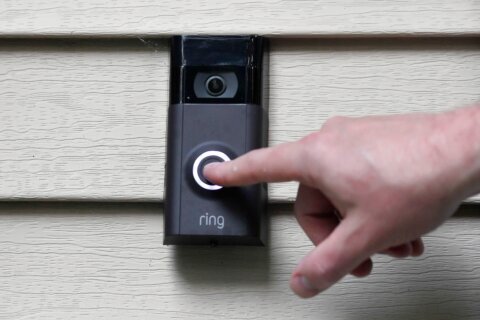
A home is not sold until the transaction legally closes through a title company, and in a normal world, the buyer and seller would come to the table to sign the stack of legal documents in front of witnesses to settle the sale.
But with social distancing the norm because of the coronavirus, title companies are implementing remote closings more than ever through a process known as Remote Online Notarization, where allowed by law.
Buyers and sellers grant Power of Attorney to a third party, typically someone at the title office, who can physically sign the closing documents on their behalf.
Fannie Mae and Freddie Mac have recently issued updated guidance for mortgage lenders to use POA for Remote Online Notarization for all conforming loans.
RON had already been allowed in 22 states including Virginia.
Maryland passed legislation allowing for RON that was due to take effect in October, but Gov. Larry Hogan recently issued an Executive Order that took effect March 30, temporarily authorizing remote closings during the COVID-19 outbreak. An emergency legislative solution is currently in the works in D.C.
Many courts and recorder of deeds offices accept RON signings, and so do many lenders. But there is a caveat.
While many lenders will accept closing documents signed by third parties with Power of Attorney, some will not accept the actual Power of Attorney unless it is physically signed directly by buyers and sellers, called a wet signature, and notarized.
“Secondary market lenders that purchase loans are concerned about the validity of documents,” said Joe Gentile, president of Federal Title & Escrow Company, with offices in Friendship Heights at 14th Street in D.C., and Rockville, Maryland.
“This all goes back to 2008 and the concerns from the financial crisis back then and the banking crisis. There are concerns that one day their documents could be challenged and they could lose their right to foreclose,” he told WTOP.
Physically signed documents seems old fashioned to many younger buyers, who completed their mortgage applications online and made their contract offers online, but the notarized POA is a holdout.
In order to complete the wet signing and notarization of Power of Attorney documents, usually just one page, title companies are getting creative.
“In some cases, we’ll send someone to somebody’s house to get it notarized. We’ll leave it on their doorstep and step back to our car, and have them come outside and sign it so we can see them sign it. Then we have them leave it outside and we grab the document, having witnessed the signature so we can notarize it,” Gentile said.
While giving Power of Attorney to a stranger may not be something many people are comfortable with, the type of POA used in a RON closing is only valid to complete a specific purchase or refinance transaction for a specified property.








